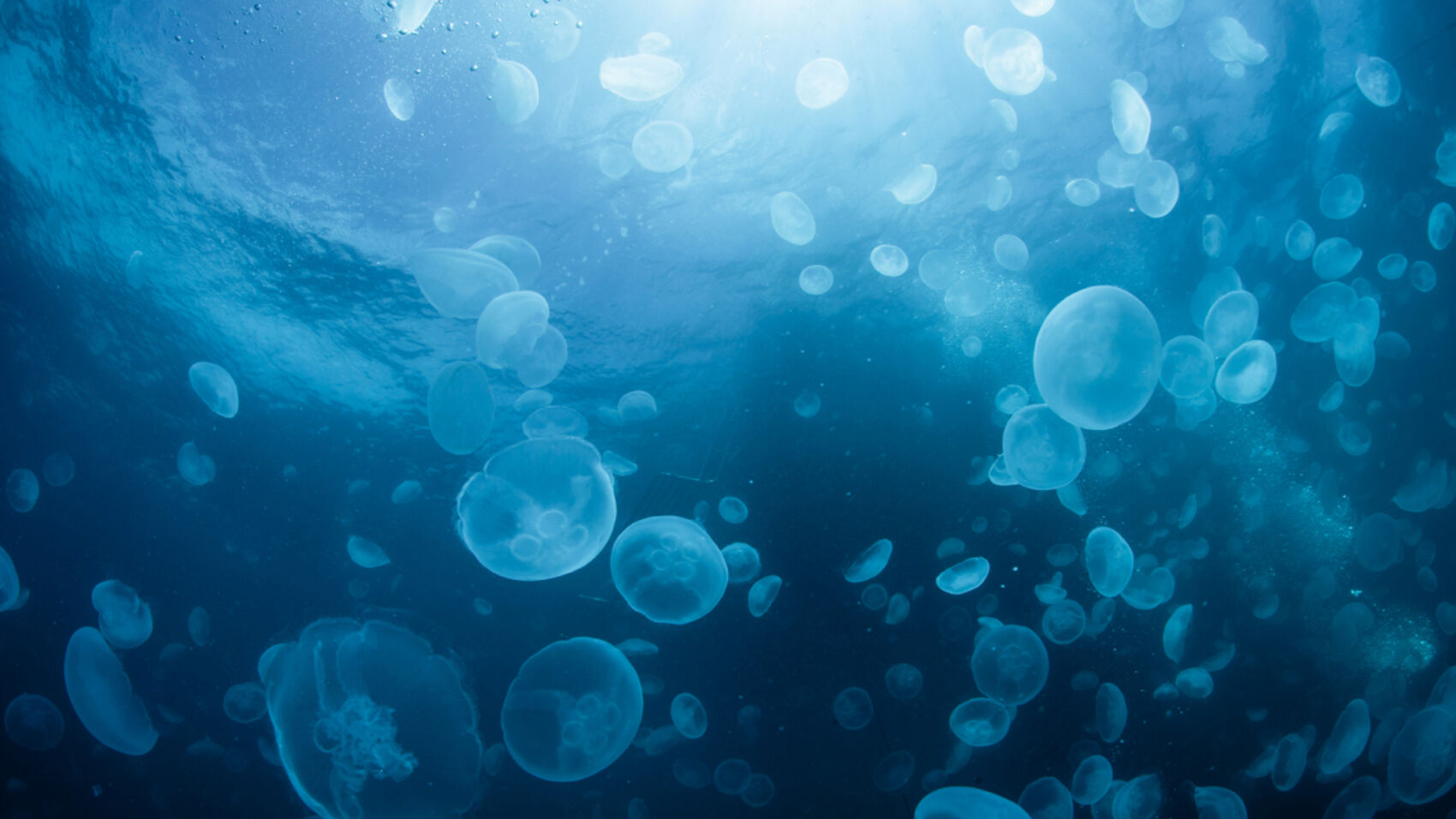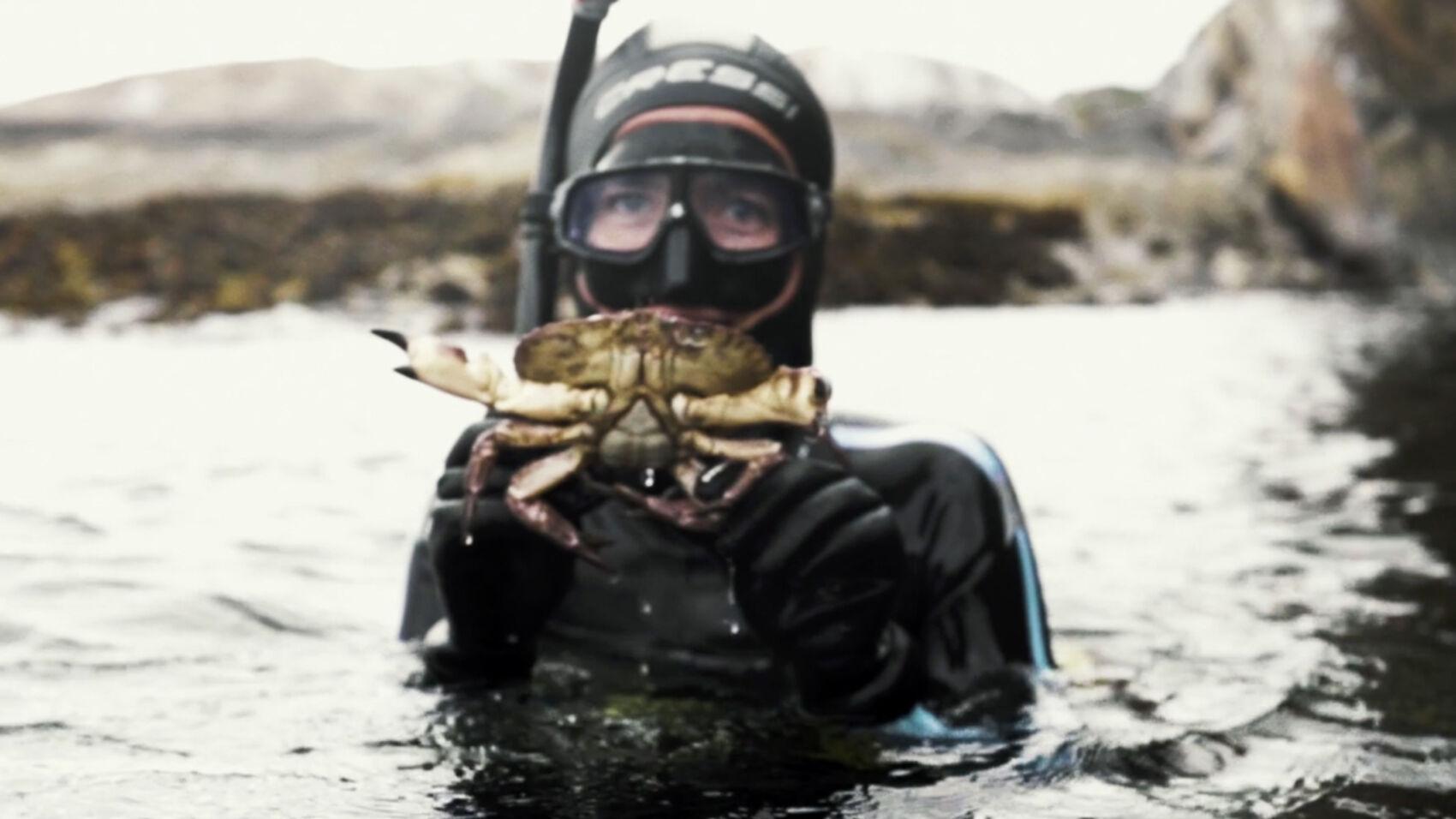Sea the solution / The environmental challenge
The ocean consists of thousands of species, all equally important for the preservation of the entire marine ecosystem. Silje Ramsvatn, Cermaq Norway's sustainability manager, says her fascination for life below water only strengthens her commitment to the climate.
“I have been very interested in nature and especially the ocean since a young age. This fascination led me to pursue a career as a marine biologist,” Ramsvatn says.
As a result of this passion for exploring life below water, she has been an active diver for over 20 years.
“I love to see animals in their natural habitat and have been lucky enough to see some amazing animals while diving including whalesharks, turtles, bull mantas and mantarays. We also have a lot of nudibranches in the sea right outside our house here in Steigen, Norway,” Ramsvatn says.
Concern for the climate
Being close to the ocean, both for leisure and work, Ramsvatn has seen the effects of the climate crisis first-hand.
"My commitment to the climate is not only about something I love, but also what is needed for necessary action. I am seriously concerned about the future of our planet and our children. I’m worried about loss of biodiversity, imbalance in the ecosystem, and big fish disappearing from the ocean – leaving us with only limited species,” she says.
“I’m worried about loss of biodiversity, imbalance in the ecosystem and big fish disappearing from the ocean – leaving us with only limited species.”
–Silje Ramsvatn, sustainability manager in Cermaq Norway
Given what Ramsvatn is observing in her day-to-day work, it is easy to understand why her concerns are so great—and why her ambition to act is so strong.
“We are seeing changes in our oceans such as the major toxic algae outbreak in 2019, which resulted in the death of many salmon. Other more obvious effects of climate change that we are noticing are temperature rises, more extreme weather, and dry summers. Drought is very bad for the freshwater production, and storms can be difficult for exposed sites at sea,” Ramsvatn explains.
Blooms of jellyfish have happened many times in recent years, and could possibly happen more frequently in the future. This is risky because jellyfish can stick to the nets or the salmon cause oxygen depletion – or even cause the net pens to sink. Even though this is worst-case scenario, it is safe to say that too many jelly fish is neither good for marine ecosystems or aquaculture in general.

The importance of preserving marine ecosystems
Removing any part of the ecosystem, from the smallest phytoplankton and kelp forest to the largest cod, whales, and sharks, will make the complex network of biological and physical components less robust. It will also make a total collapse from any other “push” such as ocean acidification more likely,” Ramsvatn explains.
Recently, Cermaq Norway was legally required to map out cold water corals in the areas surrounding their facilities.
“The discovery raises the question of whether the corals will be negatively affected by our operations in these areas, and, if so, what we’ll need to do to protect them.”
–Silje Ramsvatn, sustainability manager
“Because the fjords are so deep here in Norway, we still know very little about certain ocean areas. However, underwater robots with cameras enable us to explore further. In the process, we have found a lot of cold-water corals,” Ramsvatn says.
Corals are very important for the marine ecosystem because they create high biodiversity. They represent habitats for many different species to thrive.“At the same time, these discoveries raise the question of whether the corals will be negatively affected by Cermaq´s operations and, if so, what we’ll need to do to protect them. This is something we are currently looking into in collaboration with Norwegian authorities and researchers.”

Preventative measures
“One of the impacts of industrial food production that is well understood is the effect of solid organic waste created by the farm, mainly through fish faeces. Little feed is wasted these days thanks to advanced feeding technology. Our practices aim to achieve a balance so that the ocean environment only gets what it can assimilate to remain healthy over the course of a production cycle,” Ramsvatn says.
“Gladly, we have made major progress with reducing the use of pharmaceuticals to almost zero.”
–Silje Ramsvatn, sustainability manager
Cermaq is now working on finding ways to use resources more sustainably. The company is also aiming to make more efficient use of lower trophic levels, meaning organisms further down the food chain such as algae.